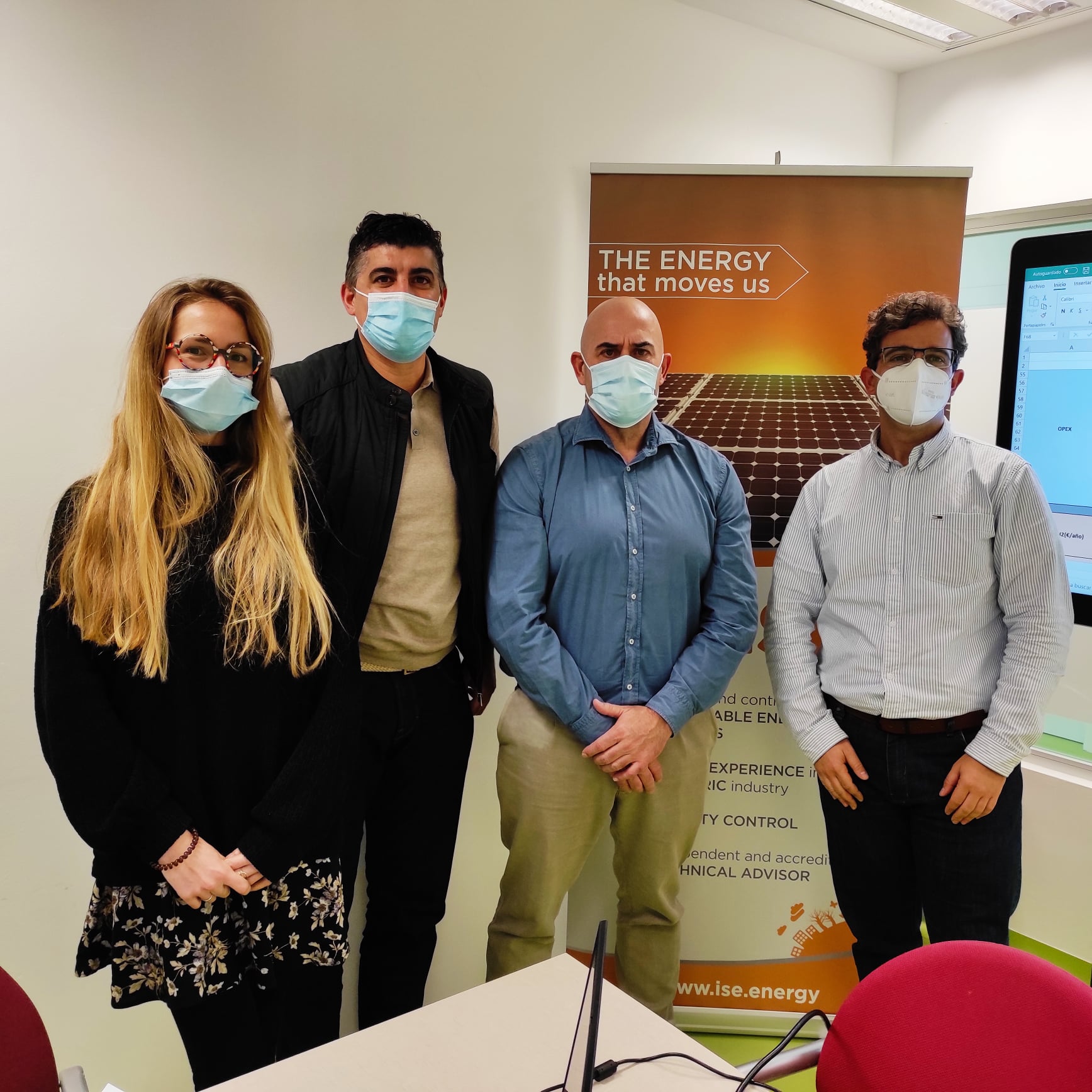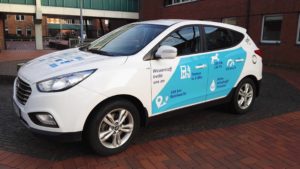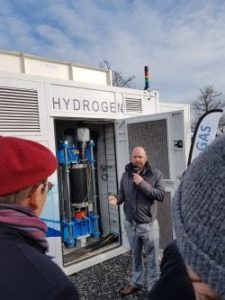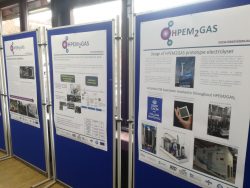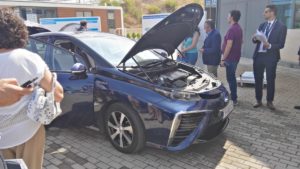Car brands are in a race against time to adapt to rules banning the sale of internal combustion cars in Europe from 2035.
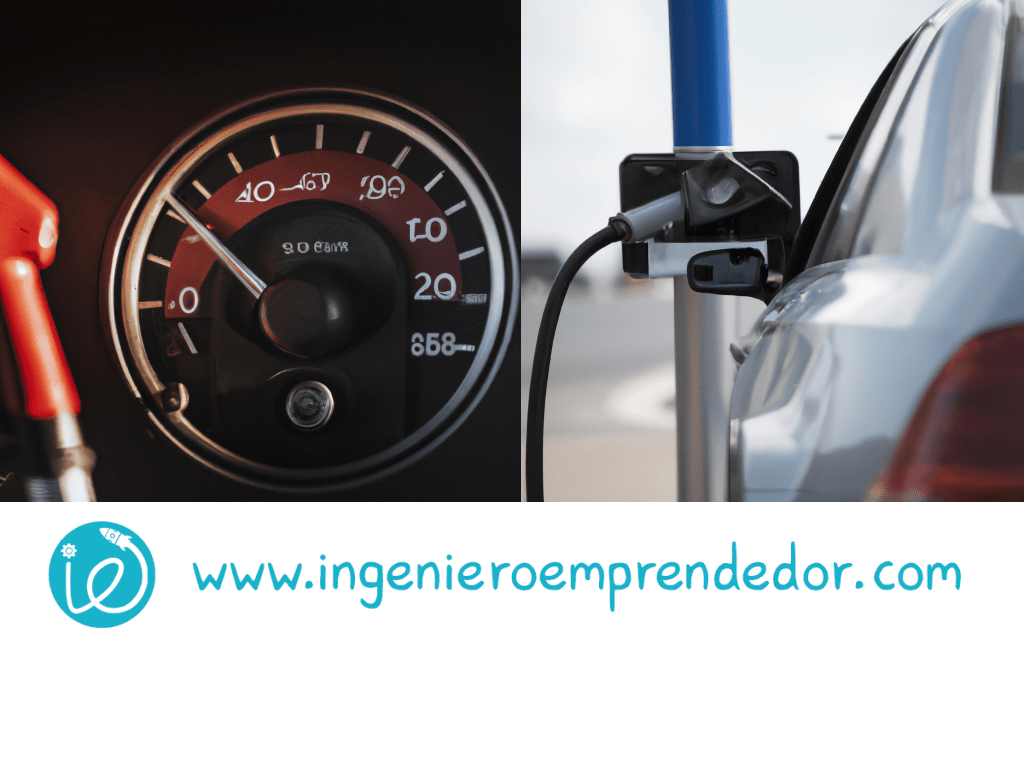
The ban on the sale of internal combustion cars in Europe from 2035 onwards has generated concern among car manufacturers, who see electric and hydrogen fuel cell cars as the only options to continue their business. However, the uncertainty generated by opposition from some European countries has opened up a new scenario to include synthetic fuels or e-fuels in the select group of vehicles allowed to be sold new from 2035. In this regard, many companies are researching synthetic fuel technology, and some car brands have committed to e-fuel to continue selling combustion cars beyond 2035.
Among the brands that are investing in e-fuel to maintain their combustion engines, Porsche is leading the way. The German carmaker has been working on this solution for several years, and its chairman, Oliver Blume, is one of the main proponents of e-fuel. Porsche is halfway between the sales volumes of a premium and a luxury brand, so they see synthetic fuel as a solution to save their thermal engines.
Audi is another brand betting on e-fuel. The German firm has been researching this technology for more than a decade and is considered one of the pioneers in the switch to synthetic fuels. In fact, its V6 diesel engines are approved to use synthetic fuel from February 2022.
Lamborghini has also announced its commitment to the development of synthetic fuels. The Italian carmaker has partnered with an oil company for e-fuel research and is working on its own development pipeline in parallel to Porsche. Lamborghini intends to keep its internal combustion engines beyond 2035, and synthetic fuel plays an important role in this strategy.
Finally, Mazda is the fourth carmaker to opt for e-fuel to continue selling combustion cars after 2035. The Japanese firm has been part of the e-Fuel Alliance since 2021 with the aim of promoting CO2-neutral electro-fuels and hydrogen as real and credible options for reducing emissions in the mobility sector.
In conclusion, while the transition to electric and hydrogen fuel cell vehicles seems inevitable, synthetic fuel technology may offer an interesting alternative for car manufacturers looking to keep their internal combustion engines on the market after 2035. Porsche, Audi, Lamborghini and Mazda are among the brands betting on e-fuel to continue selling combustion cars in the future. The automotive industry is constantly evolving, and e-fuel is an example of this, a fuel that, although still at an experimental stage, may be a viable option in the near future.










